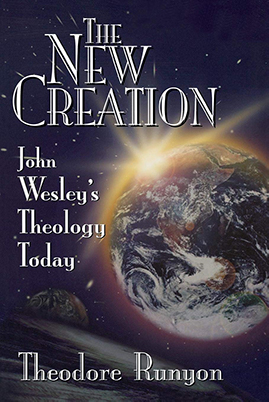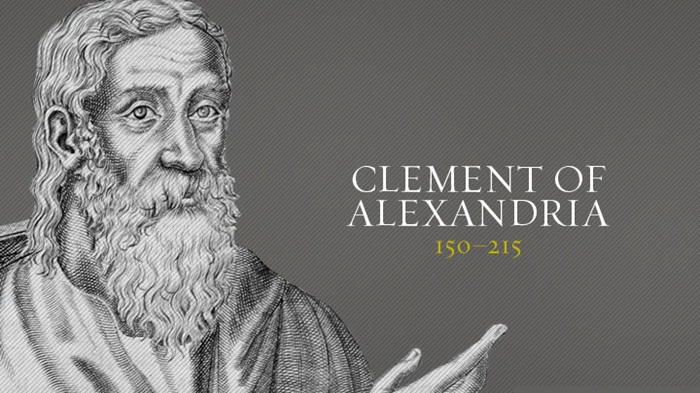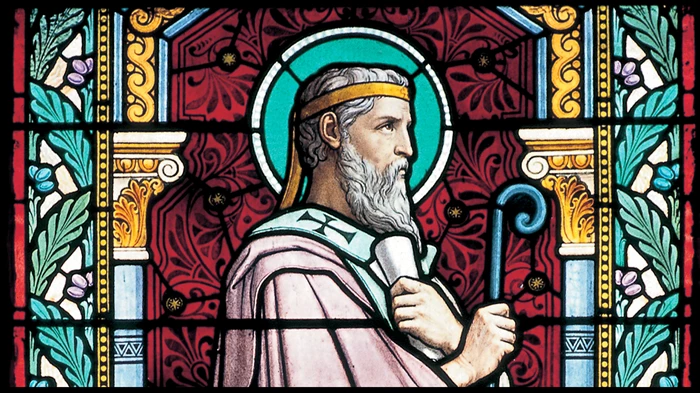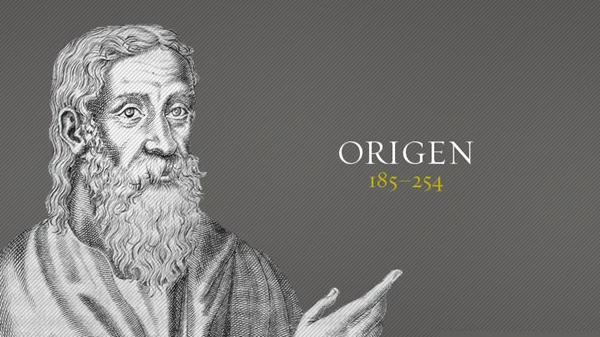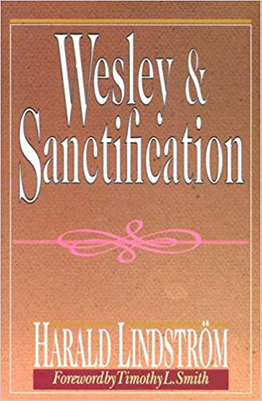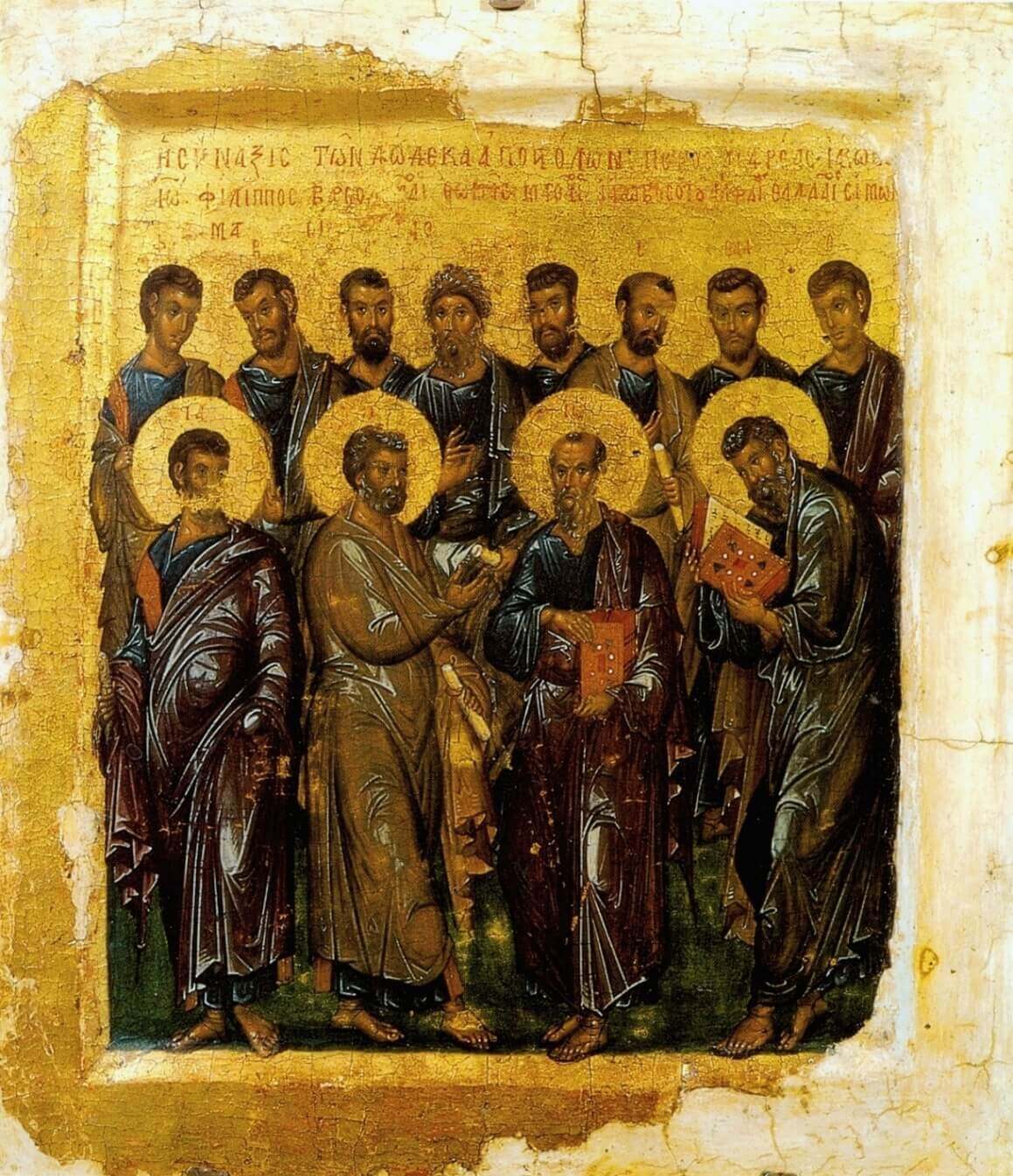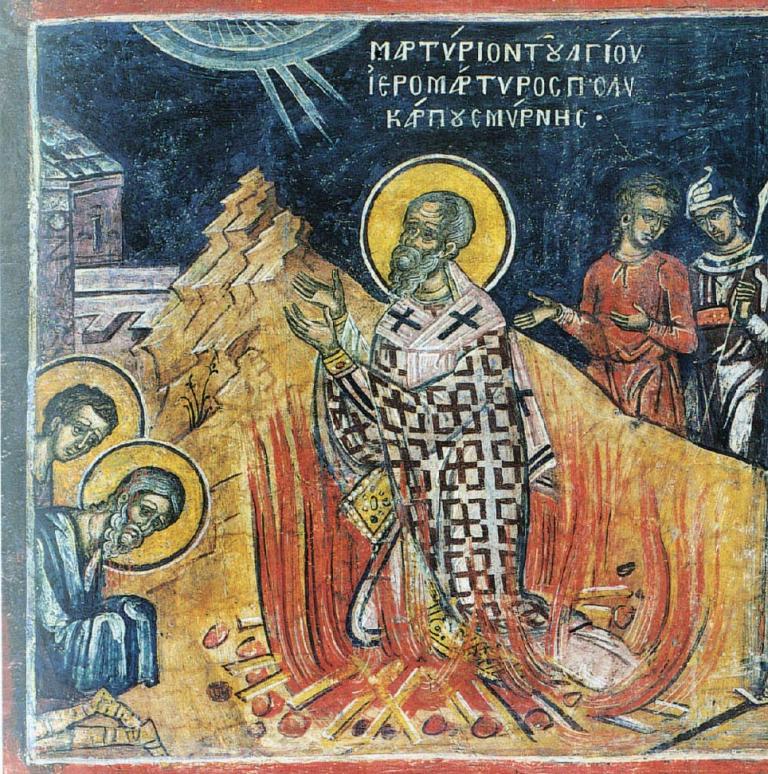Theodore Runyon’s The New Creation: John Wesley’s Theology Today offers a theological reading of John Wesley’s soteriological thought. Runyon argues that Wesley’s views regarding society and social change are rooted in Wesley’s soteriology. He asserts that the renewal of the creation and the creatures through the restoration of the image of God in humanity is what Wesley identifies as the very heart of Christianity. In The New Creation, Runyon attends to apply Wesley’s views to the contemporary context. Runyon’s methodology suggests that Wesley’s theology must be first examined within Wesley’s own historical theological and socio-cultural context, hence it could be insightfully applied to contemporary communities. Therefore, the author dedicates the greatest portion of his book to examine major themes in Wesley’s theology, such as imago Dei, original sin, prevenient grace, etc.
Through his discussion of the Methodist structure of societies, classes, bands; within his broader endeavor to examine Wesley’s social witness, the author argues that Wesley abandoned mysticism early in his ministry. Runyon’s claim may need further examination. A dialogue with Robert G. Tuttle’s Mysticism in the Wesleyan Tradition could enrich the discussion regarding this point.
In The New Creation’s final chapter, Runyon discusses contemporary themes, such as human rights, religious freedom, poverty, women’s rights, and ecumenism, in the light of Wesley’s writings. Runyon’s understanding of Wesley’s views regarding human rights and religious freedom could enhance the theological discussions on these issues in the Middle East and the Arab World, especially after the Arab revolutions during the second decade of the 21st century. Moreover, the discussion on “sanctification” in terms of “participation in the energies of God” – within Runyon’s discussion of the Wesleyan tradition potential contribution in ecumenism – opens future trajectories in the dialogue between the Wesleyan and the Cappadocian traditions. Runyon concludes his book with a proposal for rethinking the Wesleyan belief of sanctification. In this final proposal, the author deviates from the main Wesleyan stream by suggesting abandoning the instantaneous aspect of the entire sanctification experience, in order to harmonize Wesley’s thought with contemporary theological trajectories.


